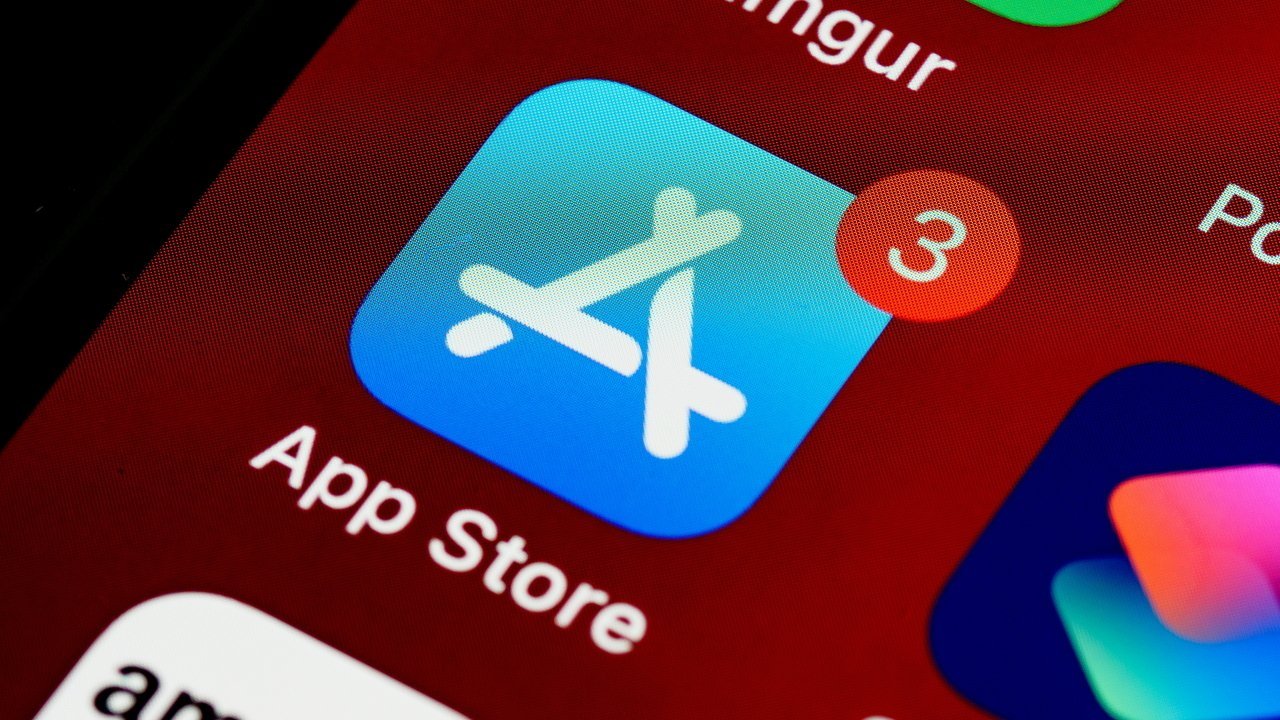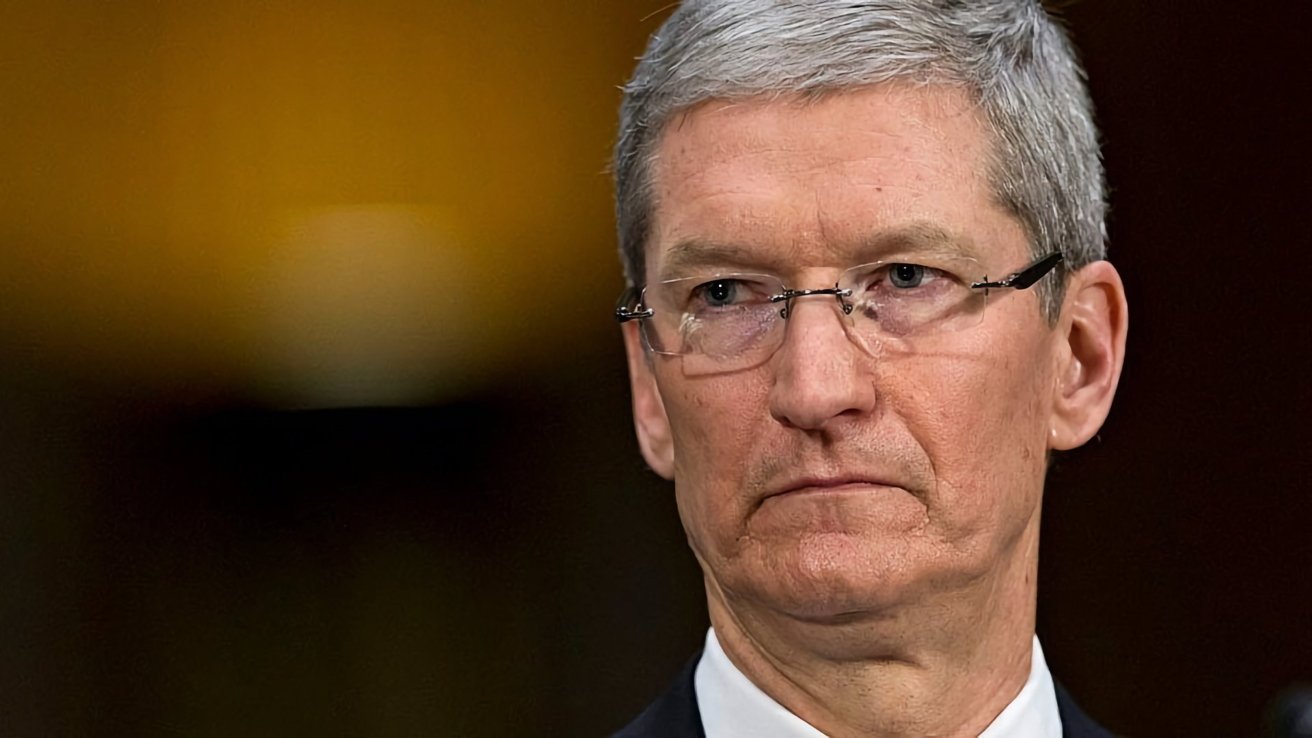Apple CEO Tim Cook personally called Texas Governor Greg Abbott urging him to veto legislation requiring age verification for the App Store, escalating the tech industry’s battle over child safety regulation.
The bill, passed with veto-proof majorities, would require app store operators like Apple and Google to verify the age of every user. If the user is a minor, their account must be linked to a parent or guardian, who would then have to approve each app download — a feature that Apple already provides.
The goal is to give parents more control over their children’s online activity and to comply with the fact that minors can’t legally consent to app terms, according to The Wall Street Journal.
The bill was sent to Abbott’s desk on May 15, 2025, and is still awaiting his signature or veto. If signed, Texas would become the largest state to implement such a law. A similar measure in Utah has already passed and took effect May 7, 2025.
Apple says privacy is at risk
Apple has pushed back hard. Alongside Cook’s personal outreach, the company has deployed six lobbyists in Texas and funded local advertising campaigns.
One Apple-backed ad claimed the bill was “backed by porn websites,” a provocative message aimed at swaying public opinion in the Austin area.
Apple’s main argument is that the bill would force it to collect and store sensitive personal data, like government IDs or other identifying information, from all users and not just children. That could expose Texans to new privacy risks, the company says, even when they’re downloading basic apps like a weather forecast or sports scores.
It’s a familiar pattern. Broad surveillance or data collection measures are often justified as necessary to protect children, even when they sweep in everyone’s data and lower the bar for privacy across the board
Apple already offers tools like Ask to Buy, which gives parents control over what apps their kids download. If a child tries to get an app or make a purchase, the parent gets a notification and has to approve it before anything goes through.

Apple already offers tools like Ask to Buy
Safari has built-in content filters. Parents can block adult websites or allow specific ones, and Safe Search hides explicit results. These device-level controls, locked behind a Screen Time passcode, limit online content for families without a blanket age check across the App Store.
But, this has to be configured by the parent. And, the Screen Time password needs to be secured.
Meta, along with X and Snap, has supported bills like Texas’s that shift the burden of age verification to app stores. They argue that verifying age at the app store level reduces the amount of sensitive information users provide to multiple apps.
Centralizing the process, the companies claim, could enhance both safety and privacy. Apple contends that this approach shifts too much responsibility onto app marketplaces and risks creating a honeypot of sensitive data that could be misused or targeted.
Part of broader state regulatory push
Utah’s law and Texas’s pending bill are part of a broader push by state legislatures to regulate tech companies in the absence of federal action. If Texas’s law is enacted, it could become a model for similar efforts across the country, forcing Apple and Google to overhaul how their platforms handle underage users.
Cook has personally intervened in policy matters before, including lobbying on tariffs during the Trump administration and opposing anti-LGBTQ bills in Texas. His call to Abbott marks another example of Apple using its executive leadership to influence state legislation that could affect its business model and customer relationships.
Abbott’s office says he is still reviewing the bill.
<
